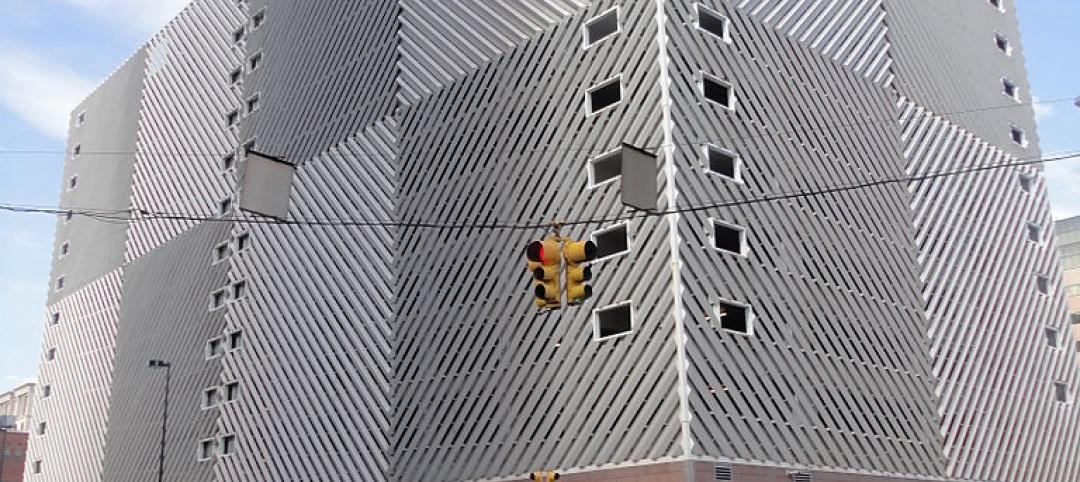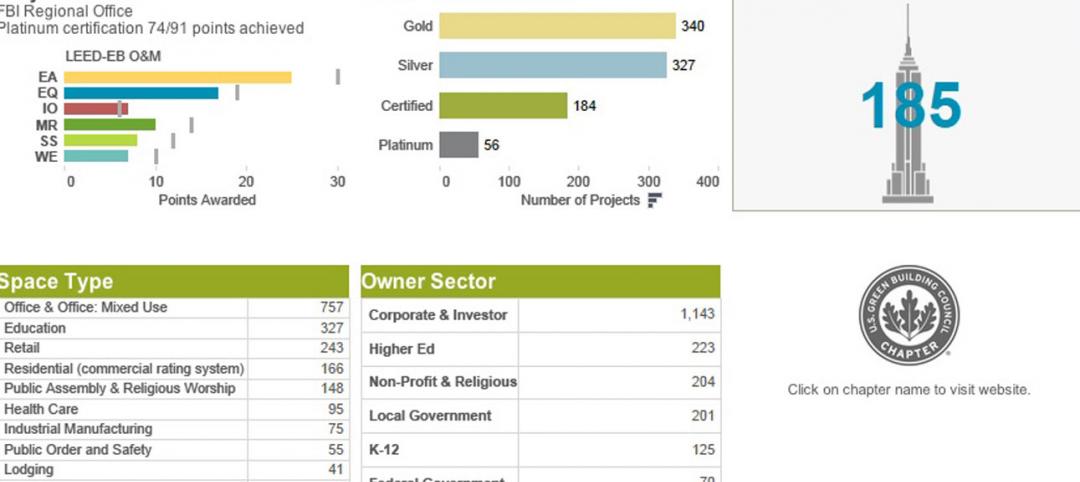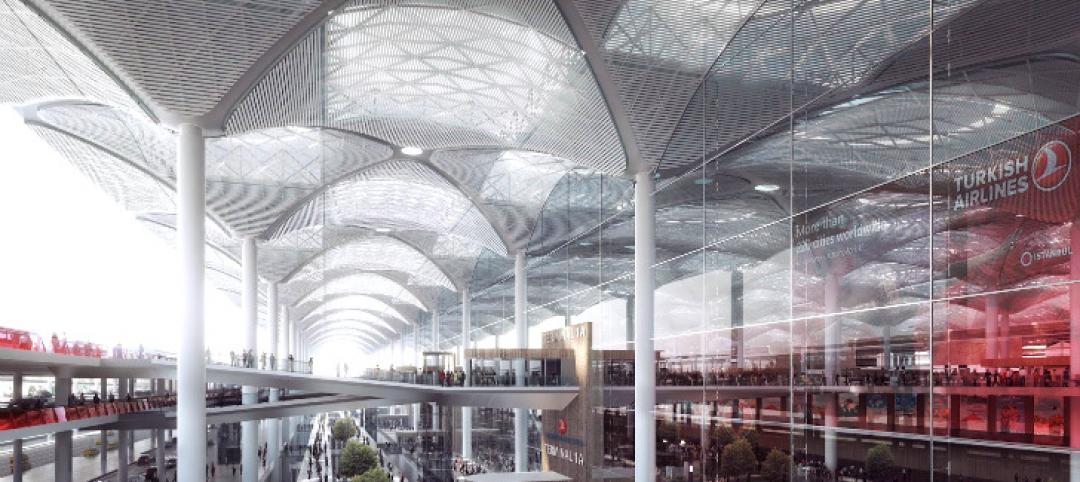Zahner announces its first venture into web-based software. The free software platform called ShopFloor, launched earlier today, contains a suite of intuitive tools for building complex architecture.
This is Zahner’s first software available to the public. However, it is not the first time Zahner developed code for architecture. In 2005, Zahner designed the first image-mosaic perforation algorithm for the de Young Museum in San Francisco. The technology behind this project made waves - Richard Lacayo stated in the Times, “what this building says is that maybe craftsmanship has a high-tech future after all,” and Julie Iovine said that “Seurat would have marveled.”
Zahner’s algorithm allowed the entire process to run smoothly on the factory floor, as though it were any other job. Zahner’s innovative new software takes this a step further. ShopFloor™ provides a user interface: a simple, easy and perhaps even fun way to produce facades not unlike the de Young Museum. Designs outputted by the software are preengineered and fabricated on Zahner’s shop floor.
“We’ve built a tool that uses our factory floor like a massive rapid prototype machine,” says CEO/President Bill Zahner, “You see the price, you manipulate your design, and we build it. This model never been applied to architecture.”
Screenshots of the ShopFloor designer in action. Photo © A. Zahner Company
Designers can see the price change as they manipulate the 3D model. This allows users to directly control and prevent value engineering of their design that would typically occur. When the design is complete and the purchase is made, Zahner produces the parts, crates the assemblies, and ships them to the job site.
The simplified design interface means that costs are greatly reduced when compared to traditional design, engineering and fabrication. “This is a truly unique approach,” says Director of Marketing, Gary Davis. “Instead of a back-and-forth design process, everything you build on ShopFloor is pre-engineered, stamped, and ready to ship.”
ShopFloor™ provides a direct interface to Zahner’s shop floor. The name, “ShopFloor” pays homage to the machines, facility, and skilled artisans with which the software gives you direct access. It is also a reference to the online store, an intuitive marketplace to design and build architectural systems.

The transparent pricing is perhaps the most revolutionary aspect of ShopFloor, giving the designer more control over the construction budget. Photo © A. Zahner Company
Zahner currently has three tools being rolled out for ShopFloor’s beta test:
• The first tool gives designers access to the system based on the company’s new headquarters in Kansas City, a fin-based shading system with flexible design parameters and a visually striking output.
• The second tool will give designers access to the ZIRA technology for creating perforated surfaces from photographs, and will be available Spring 2014 (see the de Young Museum).
• The third tool is a completely new technology, which enables designers to build standard glass and metal facades, but with a variety of customizable material claddings and will be available Spring/Summer 2014.
“With our tool, everything you design is quantifiably buildable,” says Zahner engineer Craig Long, “And quantifiably buildable designs have concrete costs. So we thought, what happens when a designer can see the cost of a facade? It’s that missing piece of the puzzle. For the designer, it’s knowledge, and it’s power.”
For more information, visit http://shopfloor.azahner.com.

Zahner’s Headquarters in Kansas City, the first facade system available for ShopFloor. Photo © Mike Sinclair; © A. Zahner Company

Detail of the fin-based facade for Zahner’s Headquarters, the first facade system available for ShopFloor. Photo © Mike Sinclair; © A. Zahner Company
Related Stories
| Jun 12, 2014
Austrian university develops 'inflatable' concrete dome method
Constructing a concrete dome is a costly process, but this may change soon. A team from the Vienna University of Technology has developed a method that allows concrete domes to form with the use of air and steel cables instead of expensive, timber supporting structures.
| Jun 2, 2014
Parking structures group launches LEED-type program for parking garages
The Green Parking Council, an affiliate of the International Parking Institute, has launched the Green Garage Certification program, the parking industry equivalent of LEED certification.
| May 29, 2014
7 cost-effective ways to make U.S. infrastructure more resilient
Moving critical elements to higher ground and designing for longer lifespans are just some of the ways cities and governments can make infrastructure more resilient to natural disasters and climate change, writes Richard Cavallaro, President of Skanska USA Civil.
| May 23, 2014
Top interior design trends: Gensler, HOK, FXFOWLE, Mancini Duffy weigh in
Tech-friendly furniture, “live walls,” sit-stand desks, and circadian lighting are among the emerging trends identified by leading interior designers.
| May 20, 2014
Kinetic Architecture: New book explores innovations in active façades
The book, co-authored by Arup's Russell Fortmeyer, illustrates the various ways architects, consultants, and engineers approach energy and comfort by manipulating air, water, and light through the layers of passive and active building envelope systems.
| May 19, 2014
What can architects learn from nature’s 3.8 billion years of experience?
In a new report, HOK and Biomimicry 3.8 partnered to study how lessons from the temperate broadleaf forest biome, which houses many of the world’s largest population centers, can inform the design of the built environment.
| May 13, 2014
19 industry groups team to promote resilient planning and building materials
The industry associations, with more than 700,000 members generating almost $1 trillion in GDP, have issued a joint statement on resilience, pushing design and building solutions for disaster mitigation.
| May 11, 2014
Final call for entries: 2014 Giants 300 survey
BD+C's 2014 Giants 300 survey forms are due Wednesday, May 21. Survey results will be published in our July 2014 issue. The annual Giants 300 Report ranks the top AEC firms in commercial construction, by revenue.
| Apr 29, 2014
USGBC launches real-time green building data dashboard
The online data visualization resource highlights green building data for each state and Washington, D.C.
| Apr 22, 2014
Bright and bustling: Grimshaw reveals plans for the Istanbul Grand Airport [slideshow]
In partnership with the Nordic Office of Architecture and Haptic Architects, Grimshaw Architects has revealed its plans for the terminal of what will be one of the world's busiest airports. The terminal is expected to serve 150 million passengers per year.


















